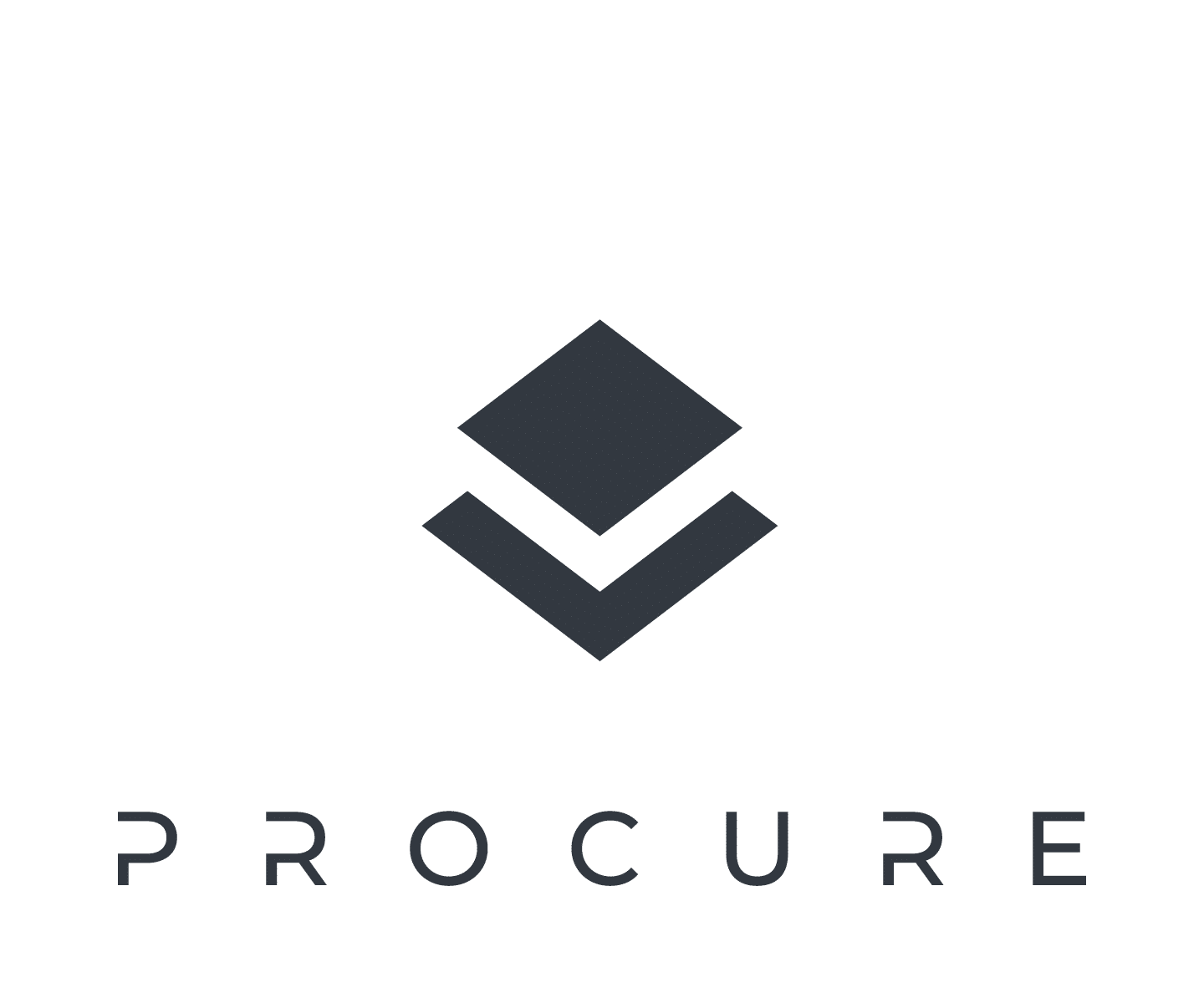Public Procurement Assessment in the Healthcare Sector

ABSTRACT
Public Procurement Assessment in the Healthcare Sector (ProCure) brings together 25 partners from 13 EU countries: public buyers, central purchasing bodies, regional health agencies, vendors, etc. as well as other organizations involved in public purchases made for hospitals (e.g. supporting organizations, private procurers, etc.) to make a thorough assessment of public procurement practices to manage them more effectively and precisely. ProCure assessment will focus on the impact of pandemic in procurement organizations and practices from the 13 participating MS, but not only. By means of comparison, ProCure will determine what changed in relation to the pre-pandemic scenario and, also, what new strategies, action plans, policies have been incorporated to public procurement as a result of the COVID-19 crisis. The overarching goal is to help leaders gauge and track their state of readiness and identify opportunities for improvement. In addition, this project will broad lessons learnt from previous health crisis to outline new or improved national and regional strategies on public procurement. The final goal will be making current practices more resilient and efficient all over the European Union, and to ensure that public health systems are ready for whatever crises the future brings. ProCure methodology will follow a step-by-step process:
-
-
- Phase 1-Observational study in which facts and data collected and transformed in information;
- Phase 2- Identification and definition of the stakeholders’ preferences, their needs and expectations (Delphi method) in which information is converted into knowledge following a scientific approach that distances itself from subjectivity.
- Phase 3-Structured dialogue in which the knowledge acquired is the base to determine new strategies for the health procurement systems in order to increase preparedness for future health procurement challenges.
-
Vídeo of the Work Package 4
Partners
-
-
- UNIVERSITA DEGLI STUDI DELL’AQUILA (UNIVAQ)
- AKADEMIA GORNICZO-HUTNICZA IM. STANISLAWA STASZICA W KRAKOWIE (AGH / AGH-UST)
- UNIVERSITA CAMPUS BIO MEDICO DI ROMA (UNICAMPUS)
- INSTYTUT CENTRUM ZDROWIA MATKI POLSKI (ICZMP)
- IRCCS SAN RAFFAELE ROMA SRL (HSR)
- SERVICIO ANDALUZ DE SALUD (SAS)
- MEDICAL SERVICES INSTITUTE MSI (MSI)
- POLSKIE STOWARZYSZENIE DIABETYKOW (PDA)
- UNIVERSITA DEGLI STUDI DI ROMA LA SAPIENZA (UNIROMA1)
-
